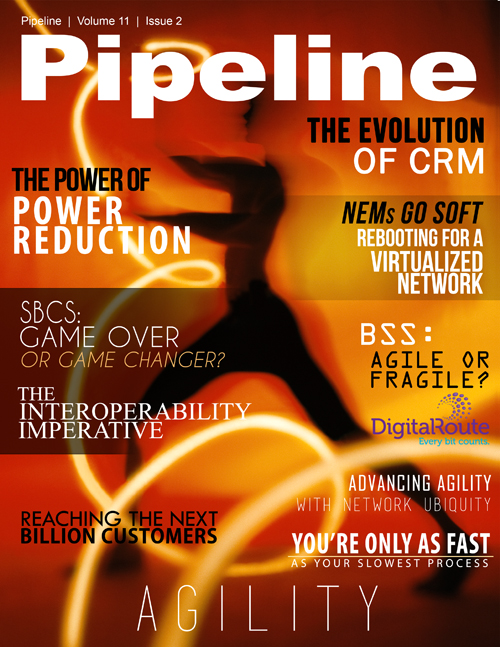Reaching the Next Billion Customers
While drones, satellites, and lasers make for interesting discussion, in many cases, plain old cellular is available. "Almost 90 percent of the world's population already lives within range of an existing cellular network," wrote Mark Zuckerberg on July 7 in the Wall Street Journal. "For everyone in those areas, we don't need to build completely new kinds of infrastructure to help them connect. We just need to show why it's valuable and make it affordable."
Good for humanity, good for business
Connecting the world is seen as an urgent humanitarian project by global groups like the European Commission, the UN, the GSMA, and the ITU.
“The broadband universe is evolving incredibly quickly, especially with the advent of mobile broadband, which is the fastest growing technology in human history. For the first time in history, broadband gives us the power to end extreme poverty and put our planet on a new, sustainable development course,” said ITU Secretary-General Hamadoun I. Touré in a recent press release.
Policies and business practices that perpetuate a world of inequality and unequal access aren’t sustainable in the long-term. At the same time, connecting the next billion customers is very good for business. Although the initial payoff might be small, CSPs must consider the long-tail, and the power of a massive customer base. Facebook’s valuation is due, in large part, to its massive subscriber base, and not its ARPU. If CSPs want to remain agile and continue to grow revenue, they must devise and implement strategies to address the billions of un-connected, potential customers.



















